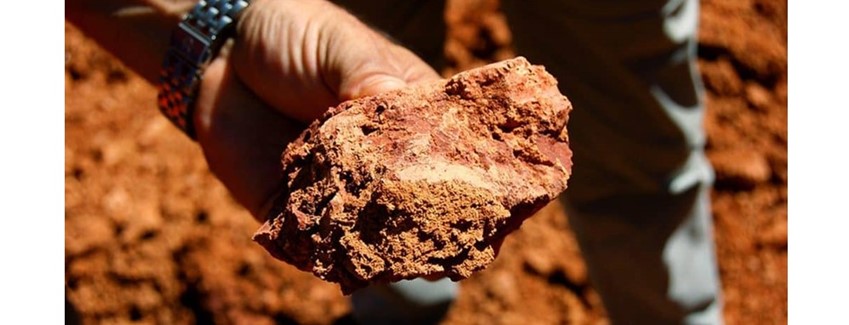Unesp successfully completed a novel and pioneering method for the extraction of bauxite-aluminum. The technique has the particularity of using mushrooms and cane molasses, which are much cheaper and less aggressive with the environment.
This is the result of a report published in the G1 portal, which highlights this alternative process for the extraction of aluminum from bauxite ore that has been carried out by a large group of researchers from the Chemistry Institute of the Universidad Estadual Paulista Júlio de Mesquita Filho (Unesp).
The environmentally friendly method uses abundant fungi in nature, such as Aspergillus Niger, cultivated in the laboratory for the production of spores, which are put in contact with sugar cane molasses. This molasses, in turn, stimulates the metabolism of fungi to produce organic acids used to extract aluminum from bauxite. The first tests were a success as it was possible to recover up to 91% of the metal present in ground rock samples.
Denise Bevilaqua, professor and deputy director of the Institute of Chemistry said, “Even on a small scale, we were able to get a great result with this approach. This is an important step.
It also has the added advantage that this technique is much less expensive than the conventional method of aluminum extraction, in which the rock is separated from the earth, ground, sieved and dissolved in caustic soda. The resulting powder goes to a hot furnace, where it receives electric currents that separate the metal from the mixture.











